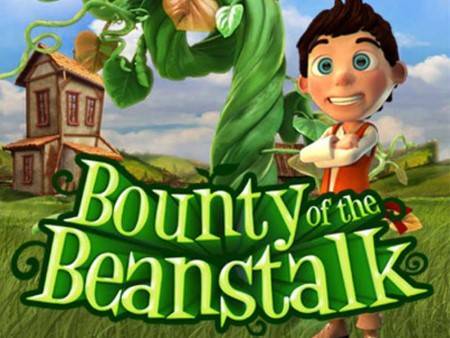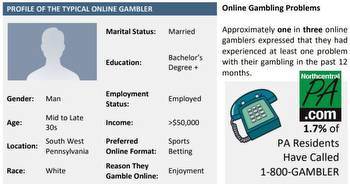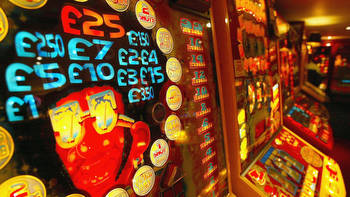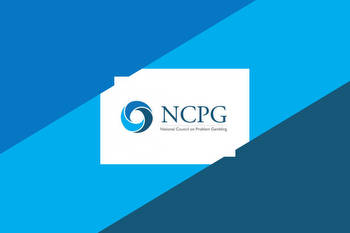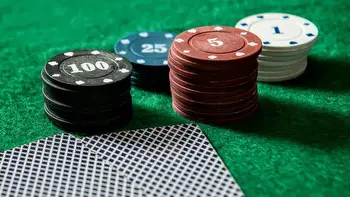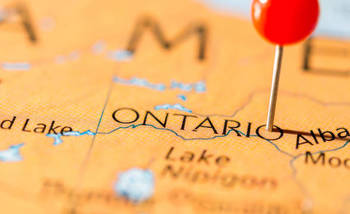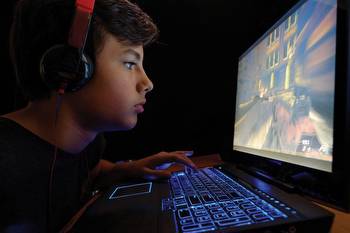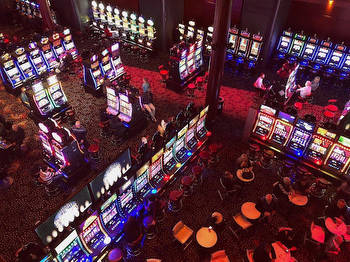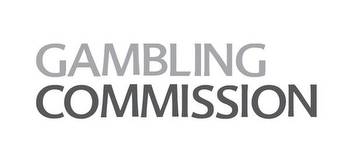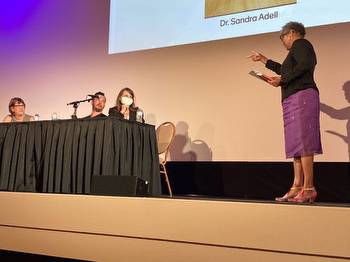Gambling and the COVID-19 pandemic: A scoping review

HomeAbstractsGambling and the COVID-19 pandemic: A scoping review
Prog Neuropsychopharmacol Biol Psychiatry. 2021 Jun 16:110389. doi: 10.1016/j.pnpbp.2021.110389. Online ahead of print.
ABSTRACT
BACKGROUND: The impact of COVID-19 on mental health is tremendous. Since the beginning of the pandemic, several actors have raised concerns about the impact of the pandemic on gambling. Many actors fear a switch to online gambling in the context of the closure of many land-based gambling activities due to the restrictions imposed by public health authorities, such as physical distancing and lockdowns. This switch is worrisome because online gambling is considered a high-risk game. In that context, we need to know more about the impacts of the pandemic on gambling. This scoping review aims to summarize the literature that addresses the impacts of the COVID-19 pandemic on gambling. To our knowledge, this is the first review to focus on this subject.
METHODS: An electronic literature search involving a strategy using keywords related to COVID-19 and gambling was conducted using MEDLINE, Academic Search Complete, CINAHL, PsychINFO, Social Works Abstract, and Socio Index databases on February 25th 2021. This search was combined with a manual search in Google Scholar. To be included, studies had to discuss gambling and COVID-19 as a primary theme, be written in English, and be published in a peer-reviewed journal. After collecting the information, we collated, summarized, and reported the results using narrative synthesis.
RESULTS: The search identified 181 articles. After the removal of duplicates and screening, 24 full-text articles were reviewed and included in this study: 14 original articles, 8 commentaries or editorials, and 2 protocols. Contrary to expectations, preliminary evidence suggested that gambling behavior often either decreased or stayed the same for most gamblers during the pandemic. However, for the minority who showed increased gambling behavior, there was frequently an association with problem gambling.
CONCLUSION: The available literature on COVID-19 and gambling is limited and the impact of the COVID-19 pandemic on gambling behavior and gambling problems is still unclear. Therefore, there is a need for more research on this topic, both qualitative and mixed methods studies, to better understand the impact of the pandemic on gambling. Considering the results, we need to be careful, particularly with problem gamblers and other subgroups of the population who seem to be more vulnerable to increased gambling habits during this pandemic period.







